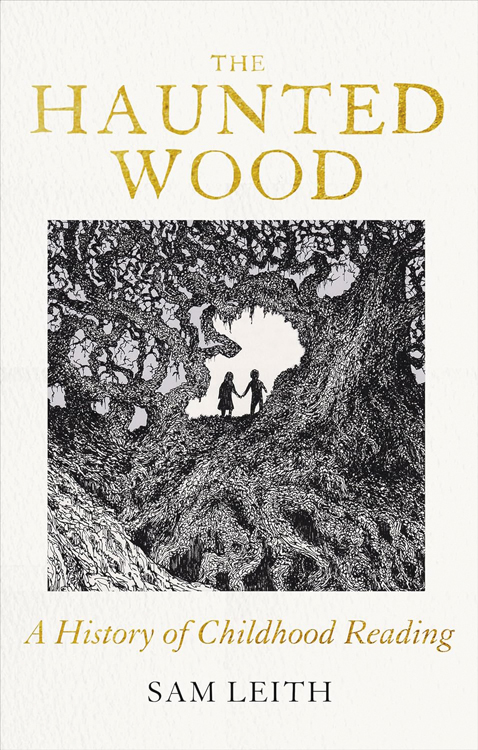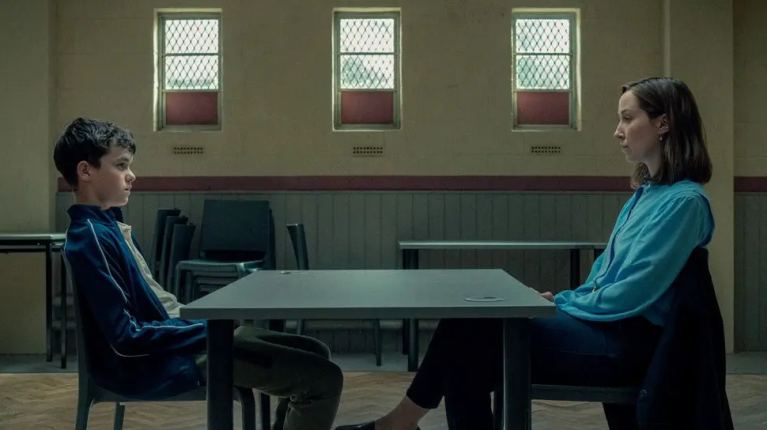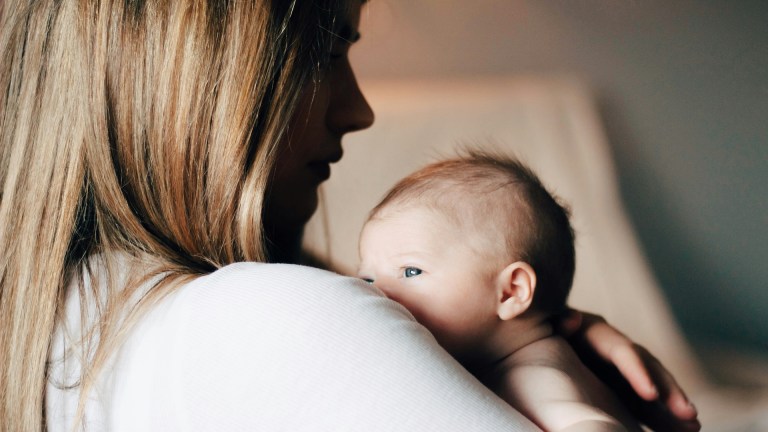Children’s books aren’t just for children. And childhood reading isn’t, as our culture sometimes seems to suppose, something to be put away with mild embarrassment as we graduate onto the ‘grown-up’ sort. What we read as children not only underpins our whole subsequent reading lives; it also lives with us and within us, as do our childhoods themselves.
There are all sorts of statistics and numbers available in support of the proposition that childhood reading is good for you. Children who read in their spare time have improved mental health, are tested at above-average reading proficiency (34.2%), are more able to relax, learn more about the world (50.9%) and report wider empathy and increased curiosity towards other people (32.8%) and cultures (32.4%). But I want to talk about something a little less Gradgrindian. I want to talk about magic.
Get the latest news and insight into how the Big Issue magazine is made by signing up for the Inside Big Issue newsletter
It starts at the side of the bed at evening. When a parent reads to a child something extraordinary happens. Here is the first encounter any child will have with the way language can be not just instrumental, but a source of delight. In the musical words of Julia Donaldson, Allan Ahlberg, Maurice Sendak or Rudyard Kipling, read “just so”, again and again, they hear the bounce and play of rhythms and rhymes, the cadences of sentences, the delicious anticipation of the page turn.
What’s more, when you have a parent reading to you, just for those few minutes, you know that you have that parent’s complete attention. Mum isn’t half-there and half-not-there, distractedly checking her emails on her phone. You’re both in the story. The cognitive work is reinforced by the emotional connection, and vice versa. You are, like the addressee of the Just So Stories, “best beloved”.
The groundwork thus laid, you’re ready to move on and out into the multiverse of worlds in the nursery bookshelf or the children’s section of the library. For most children, most of the time, if things are going well, life will be… not boring, exactly, but circumscribed. It’ll be safe. It’ll be governed by routines of toothbrushing and mealtimes and school bells. Fiction allows you to imagine worlds a little less safe and a little more exciting.











